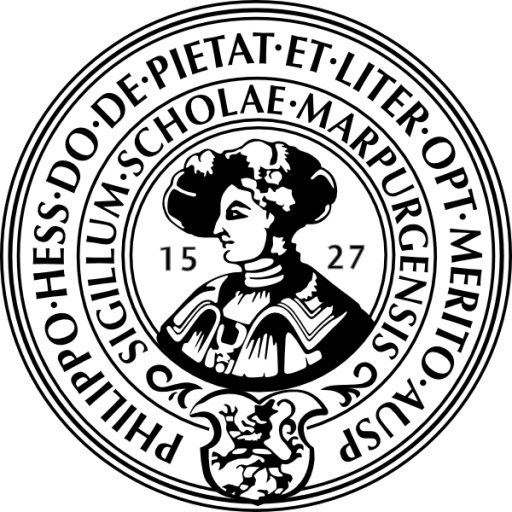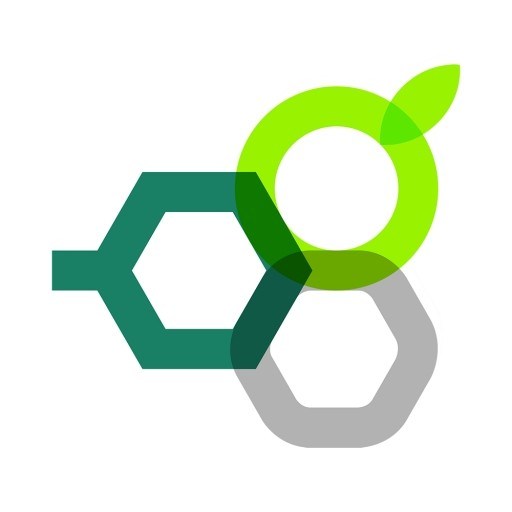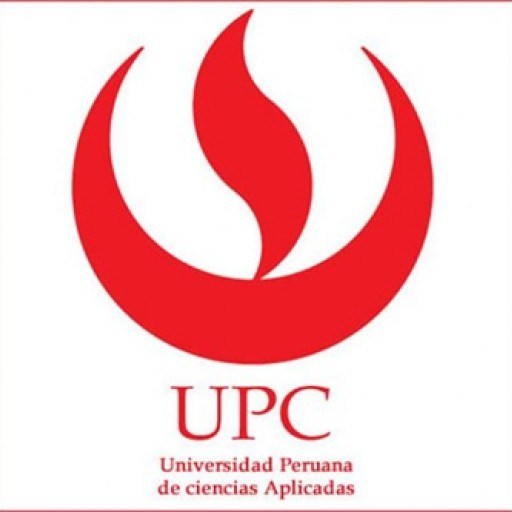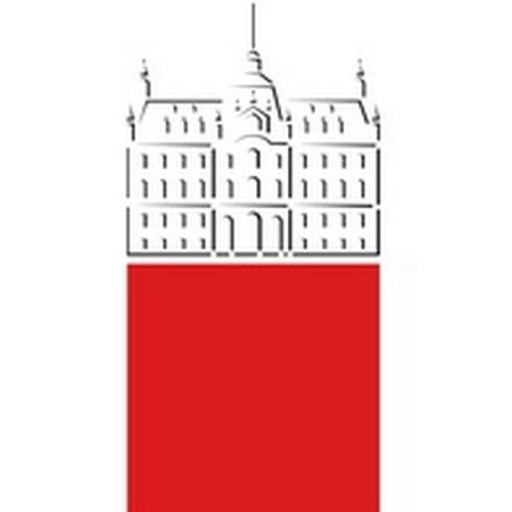Photos of university / #lundsuniversitet
The Bachelor's Degree Programme in Language and Linguistics, Romanian at Lund University offers a comprehensive exploration of the Romanian language, its structure, history, and cultural context. This program is designed for students interested in gaining a deep understanding of the Romanian language, its grammatical forms, phonetics, syntax, and semantics, while also exploring the rich linguistic heritage and cultural nuances of Romania. Throughout the program, students will develop advanced language skills, including speaking, listening, reading, and writing, enabling them to communicate effectively in various contexts. The curriculum combines theoretical linguistics with practical language training, emphasizing both linguistic analysis and applied language skills. Students will also study the history of the Romanian language, dialectal variations, and its relationship to other Romance languages. A significant component of the program involves cultural studies related to Romanian history, literature, society, and contemporary issues, providing students with a well-rounded understanding of Romania's cultural landscape. The program prepares graduates for careers in translation, interpretation, language teaching, research, or international relations, and fosters critical thinking about language use and linguistic diversity. Taught by experienced faculty with expertise in Romance linguistics, the programme emphasizes active learning, research skills, and intercultural competence. Students also have opportunities to engage with native speakers and participate in study abroad exchanges to enhance their linguistic abilities and cultural understanding. By completing this program, graduates will be equipped with specialized knowledge of the Romanian language and culture, strong analytical skills, and the ability to apply their expertise in various professional contexts. The programme prioritizes academic excellence, linguistic proficiency, and cross-cultural awareness, making it an ideal choice for students passionate about languages, linguistics, and Romania's cultural heritage.
The Bachelor’s Programme in Language and Linguistics, Romanian at Lund University offers students a comprehensive and in-depth study of the Romanian language, its structure, history, and cultural contexts. This interdisciplinary programme aims to provide students with a strong foundation in linguistic theory, language analysis, and the sociocultural aspects of Romanian. Throughout the programme, students will explore various areas including phonetics, phonology, morphology, syntax, semantics, and pragmatics, gaining valuable insights into how the Romanian language functions both structurally and contextually.
In addition to core linguistic courses, the programme emphasizes the importance of cultural understanding and historical development of the Romanian language. Students will have opportunities to examine Romanian literature, media, and societal influences, which help to contextualize linguistic phenomena within broader cultural frameworks. The programme encourages active engagement through lectures, seminars, and practical language exercises that develop both theoretical knowledge and practical language skills.
Moreover, the programme prepares students for further academic pursuits or careers in fields such as language teaching, translation, cultural analysis, or international communication. Students will also develop critical thinking skills, analytical abilities, and an appreciation for diverse linguistic perspectives. As part of their studies, students may participate in projects and research initiatives, and gain experience working with native speakers and linguistic data.
Language proficiency in Romanian is a key component of the programme; therefore, students are expected to improve their speaking, reading, writing, and listening skills throughout their studies. The programme promotes an active learning environment where students are encouraged to explore the intricacies of Romanian language and linguistics, fostering both academic growth and cultural competence. Upon graduation, students will possess a solid understanding of Romanian linguistics and its cultural dimensions, opening doors to a variety of career opportunities or continued education in language studies and related disciplines.
Program requirements for the Bachelor’s degree in Language and Linguistics, Romanian at Lund University include a minimum of 180 credits over the course of three years. Applicants are typically required to have completed upper secondary education with a focus on languages or humanities, demonstrating proficiency in English, equivalent to English B/6 from the Swedish upper secondary school system. Prior knowledge of Romanian language and culture is recommended but not mandatory for admission, as introductory courses are part of the curriculum. The program is designed to equip students with comprehensive skills in spoken and written Romanian, as well as theoretical understanding of linguistics and language structure, with a special focus on Romanian linguistics. Admission is based on academic merit, and applicants must submit transcripts or diplomas confirming their completed education. International students may also need to demonstrate proficiency in English through standardized tests such as IELTS or TOEFL, with the required scores specified by Lund University. The application process is conducted via the university’s national admissions portal, where applicants should submit all required documents before the deadline. The program requires active participation in lectures, seminars, language practice sessions, and independent study. Students are expected to achieve certain grades to progress through different stages of the program. Additionally, students are encouraged to participate in international exchanges or internships to enhance their linguistic and cultural competence. No specific prerequisite courses are mandated beyond general eligibility. The curriculum emphasizes both theoretical linguistics and practical language skills, making graduates proficient in Romanian language, capable of analyzing linguistic phenomena, and prepared for careers in translation, interpretation, education, or cultural analysis.
tuition_fees: The Language and Linguistics, Romanian program at Lund University offers a comprehensive study experience with tuition fees structured according to the degree level and program duration. For most Bachelor's programs, tuition fees are approximately 110,000 SEK per academic year, while Master's programs may cost around 140,000 SEK annually. These fees are indicative and may vary depending on the specific course requirements and additional costs associated with study materials or mandatory excursions.
Living expenses in Lund are estimated at about 10,000 SEK to 12,000 SEK per month, covering accommodation, food, transportation, and personal expenses. International students are required to demonstrate sufficient financial resources to support themselves during their stay, usually amounting to at least 85,000 SEK per year, to meet visa requirements.
Funding options include various scholarships and grants provided by Lund University, the Swedish Institute, and other external bodies. Lund University offers a range of scholarship schemes for international students, such as the Lund University Global Scholarship, which is awarded based on academic merit and does not require repayment. Additionally, students can explore government-funded loans or part-time work possibilities permitted under Swedish regulations, typically limited to 20 hours per week during academic term.
Students are encouraged to seek external scholarship opportunities in their home countries or international organizations supporting education in linguistics and language studies. Budgeting for overall expenses and actively seeking financial aid can significantly ease the economic burden of studying abroad. Detailed financial planning and early application for scholarships are recommended to ensure funding is secured before the commencement of studies.
In conclusion, financing studies in the Language and Linguistics, Romanian program at Lund University involves planning for tuition fees, living expenses, and potential scholarship opportunities. Adequate preparation and awareness of available funding avenues can facilitate a successful academic journey in Sweden.
The Language and Linguistics, Romanian degree programme at Lund University offers students an in-depth understanding of the Romanian language, its structure, history, and usage. This programme is designed to provide comprehensive linguistic training, combining theoretical knowledge with practical skills in language analysis, phonetics, syntax, morphology, and semantics. Students will also explore Romanian literature, culture, and society, gaining cultural insights that complement their linguistic studies. The programme aims to equip students with advanced communication skills in Romanian, as well as research competencies necessary for academic or professional careers in language studies, translation, or international relations. Courses are typically taught by experienced faculty members specializing in Romance languages, linguistics, and cultural studies, ensuring high-quality instruction. The programme may include opportunities for internships, study abroad exchanges, or fieldwork, aimed at enhancing practical language use and cultural understanding. Graduates from this programme will be well-prepared for careers in translation, interpretation, language teaching, research, or working within organizations that require expertise in Romanian language and culture. The curriculum emphasizes both theoretical analysis and practical applications, fostering skills applicable in academia, government, business, or media sectors. This degree structure usually spans three years for full-time students, with coursework, independent research projects, and possibly a thesis component. The programme reflects Lund University’s commitment to multicultural understanding and linguistic diversity, preparing students to operate effectively in a globalized world.






